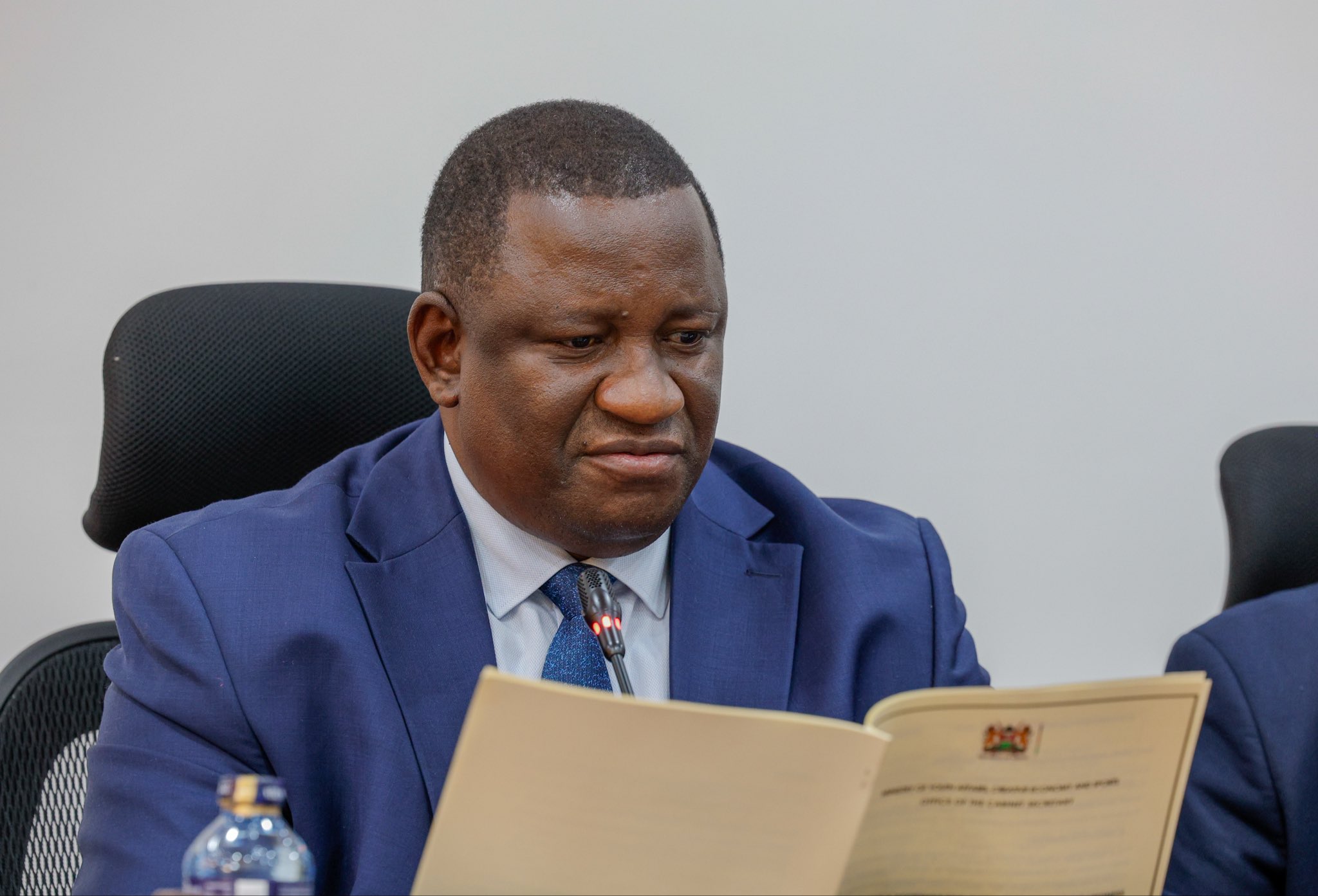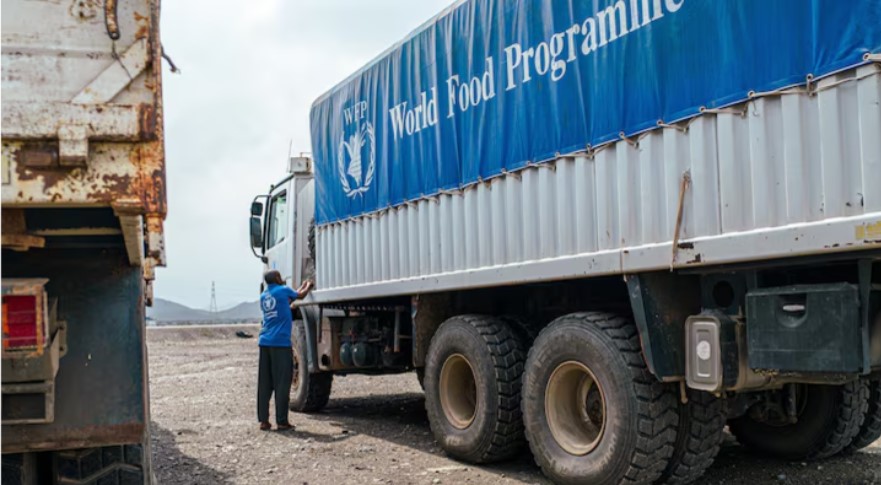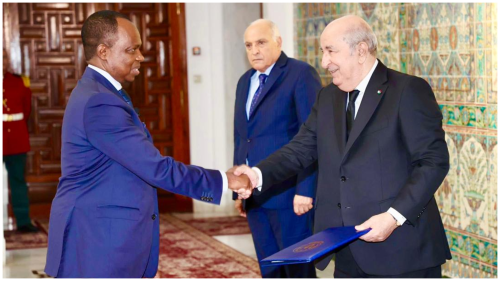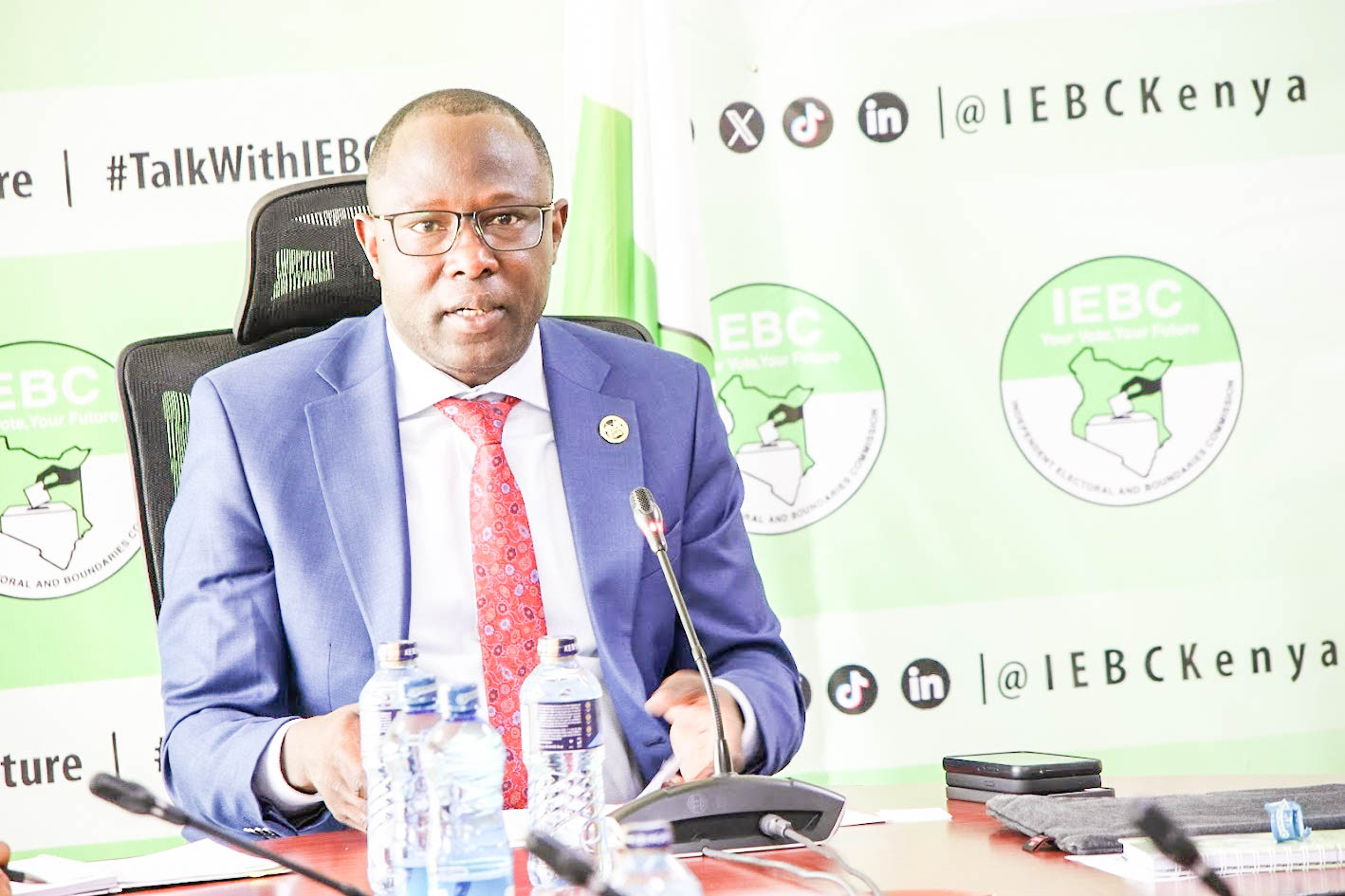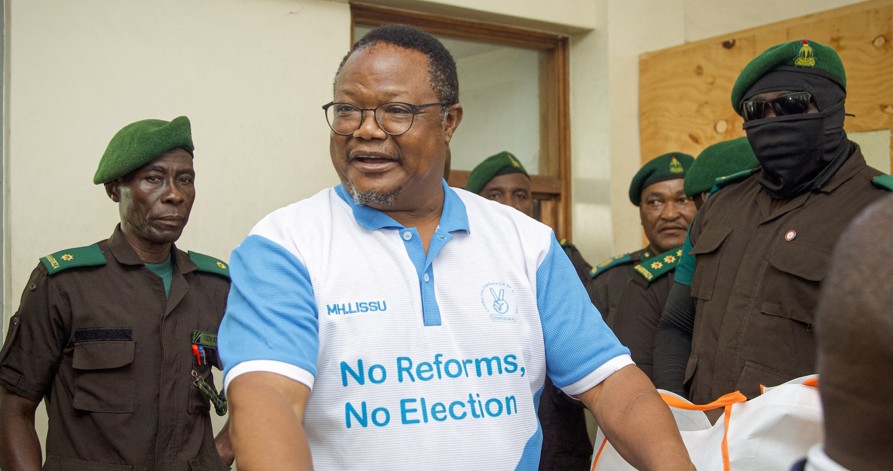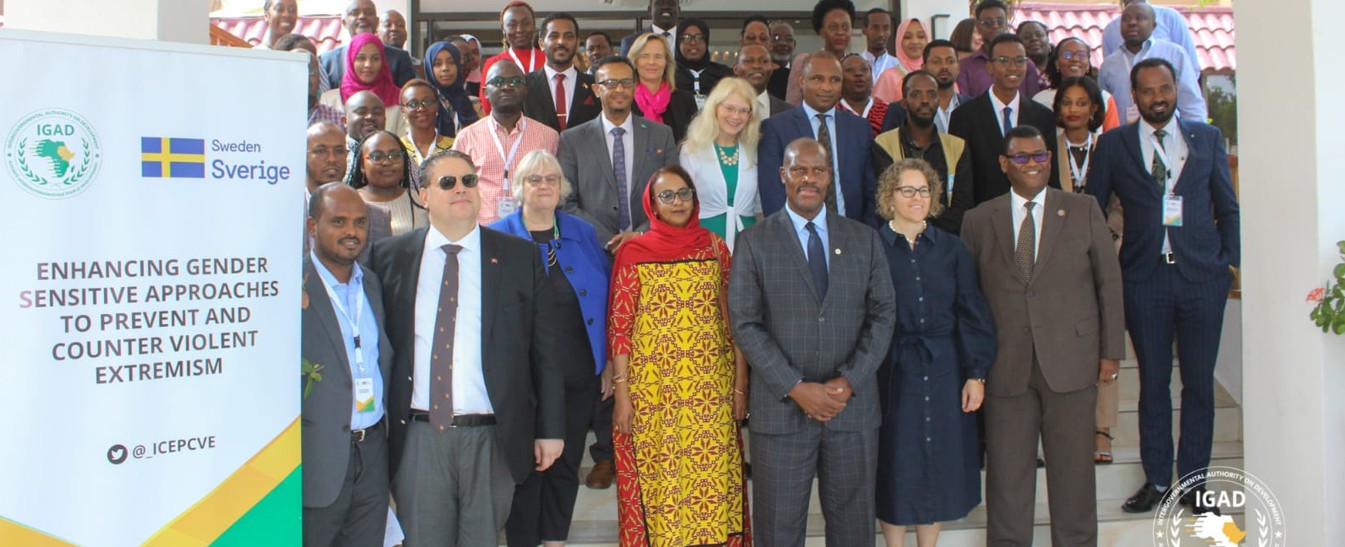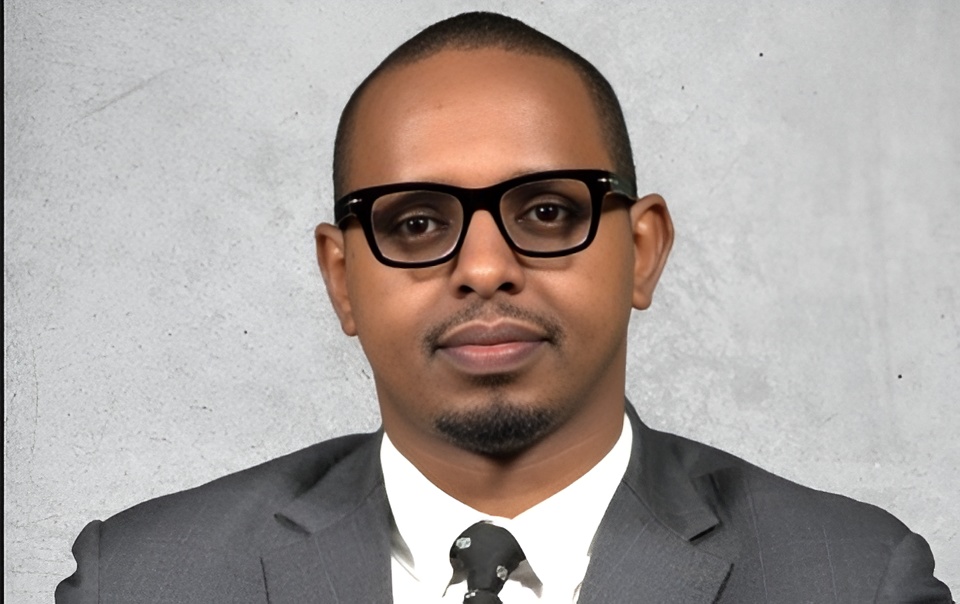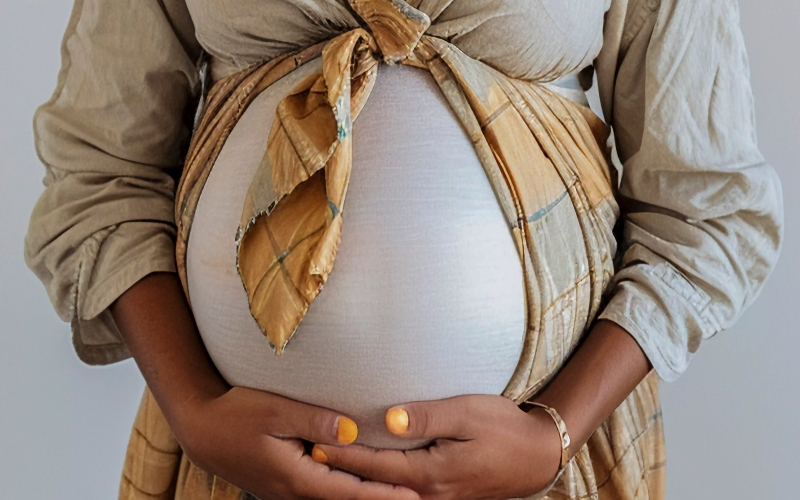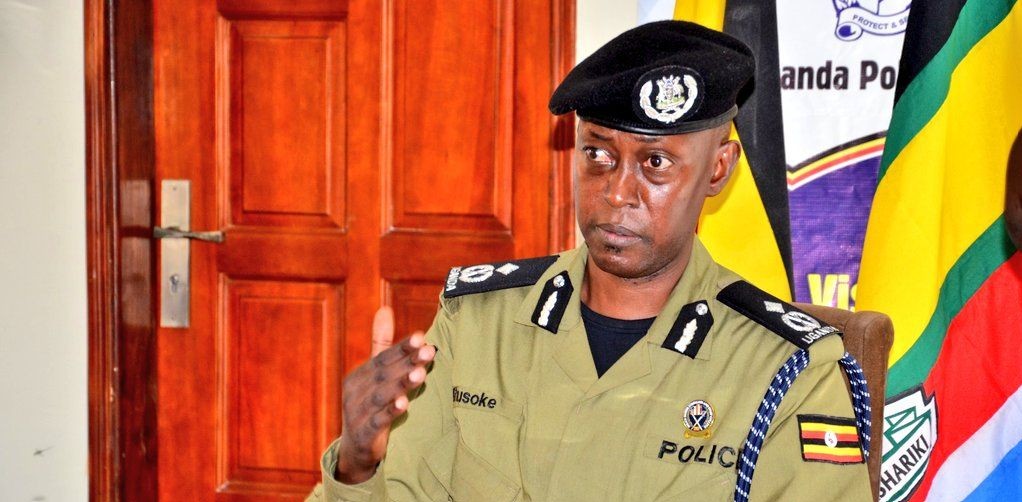New US tax on money transfers poised to hit Somalia hard

The tax is part of a legislative package known as the “One Big Beautiful Bill,” introduced by President Donald Trump's administration.
A new tax on money transfers introduced by the United States is expected to significantly reduce the amount of remittances sent to Somalia and other developing countries.
The tax is part of a legislative package dubbed the “One Big Beautiful Bill” by President Donald Trump and comes at a time when foreign aid is also being cut, creating serious risks for millions who rely on financial support from relatives living abroad.
More To Read
- US drops Sh1.3 million visa bond for Mali citizens, ending diplomatic standoff
- Egypt inches closer to troop deployment in Somalia amid regional tension
- Human trafficking ring busted in Nigeria, two women bound for Somalia rescued
- Yemen, Somalia hold security talks in Aden to strengthen bilateral cooperation
- Somalia approves independent Human Rights Commission in historic milestone
- Uganda, Somalia sign cooperation deals to boost trade, regional stability
It includes a 3.5 per cent fee on remittances made by non-citizens. The bill passed the House of Representatives in May. The Senate later amended the Bill, setting the tax at 1 per cent for all senders. It is set to take effect on January 1, 2026.
The US government says the tax is intended to fund a Sh22 trillion ($170 billion) immigration enforcement program. However, economic analysts have warned that the policy could create financial instability in countries where remittances represent a significant share of the economy. Countries like Somalia, Liberia, and El Salvador are expected to be especially affected, as they are already dealing with reductions in foreign assistance.
In Somalia, remittances play a central role in supporting the economy. In 2023, Somali citizens living abroad sent an estimated Sh223 billion ($1.73 billion) back to their families. This figure is larger than the total amount of international development and humanitarian aid Somalia received that year. According to the World Bank, remittances contribute between 30 per cent and 50 per cent of the country’s gross domestic product. These funds are commonly used to pay for essential needs such as food, education, and medical care.
The new tax will take effect during a time of declining aid. In early 2025, the United States cut more than 40 per cent of its foreign assistance to Somalia, including funds distributed by the U.S. Agency for International Development. Aid organisations and economists are warning that the combination of taxed remittances and lower aid levels will place additional stress on already vulnerable communities.
A study by the Centre for Global Development (CGD) shows that a 3.5 per cent remittance fee could lead to a 5.6 per cent drop in formal money transfers. In Somalia’s case, this would mean a loss of millions of dollars that families depend on for basic survival.
Other African countries are also at risk. According to the World Bank, African nations received over $92 billion in remittances in 2024. Of that amount, Sh1.55 trillion ($12 billion) was sent from the US. In some countries, including Lesotho, Gambia, and Liberia, remittances make up more than 20 per cent of GDP.
The remittance tax is part of a larger reduction in international aid by the United States. In early 2025, the Trump administration announced near-complete cuts to development funding. The CGD estimates that for 23 affected countries, these cuts could reduce gross national income by more than 1 per cent. Somalia has already lost nearly 40 per cent of the aid it previously received from the United States.
Families may be forced to change how they receive money from abroad. According to research by Ahmed et al. (2021), every 1 per cent increase in remittance fees causes a 1.6 per cent decline in transfer volume. Western Union has also found that a five per cent tax could lead to a 17.7 per cent drop in official remittances while increasing informal money flows by more than 21 per cent.
To avoid paying the new tax, many migrants may turn to informal financial systems. These include hawala networks, trusted delivery agents known as “paqueteros,” and digital options like cryptocurrency or direct bank transfers. Some may even ask American citizens to send money on their behalf.
Somalia has a long history of adapting to financial disruptions. Over the years, its money transfer system has evolved from traditional hawala methods to digital platforms like EVC Plus and WAAFI. These platforms have allowed Somalis to maintain access to funds during times of political and economic instability.
Local remittance companies may see a drop in business. Many already operate under strict compliance rules, and a reduction in transfers could force them to increase fees, making it more expensive for families to send and receive money.
Development experts say that instead of taxing remittances, efforts should focus on reducing transaction costs. The United Nations Sustainable Development Goals (UNSDGs) call for a 3 per cent global average remittance fee. As of late 2024, the global average was still 6.6 per cent. Lowering fees to 3 per cent could help replace more than half the foreign aid lost in countries like Somalia, according to CGD analysis.
Experts also recommend policies that encourage investment of remittances in development. These include matching grants, diaspora bonds, and expanded labour mobility programs.
Other Topics To Read
Despite widespread concern, the new tax is expected to be implemented. However, it is only projected to raise around Sh1.29 trillion ($10 billion) over ten years, which is just 0.1 per cent of the U.S. federal budget. In contrast, the cost to developing countries could reach Sh323.5 billion ($2.5 billion) each year due to reduced remittances and broader economic effects.
For many Somali families who rely on monthly remittance amounts between $50 and $200, the tax could be the difference between being able to meet basic needs or falling into crisis.
Top Stories Today
